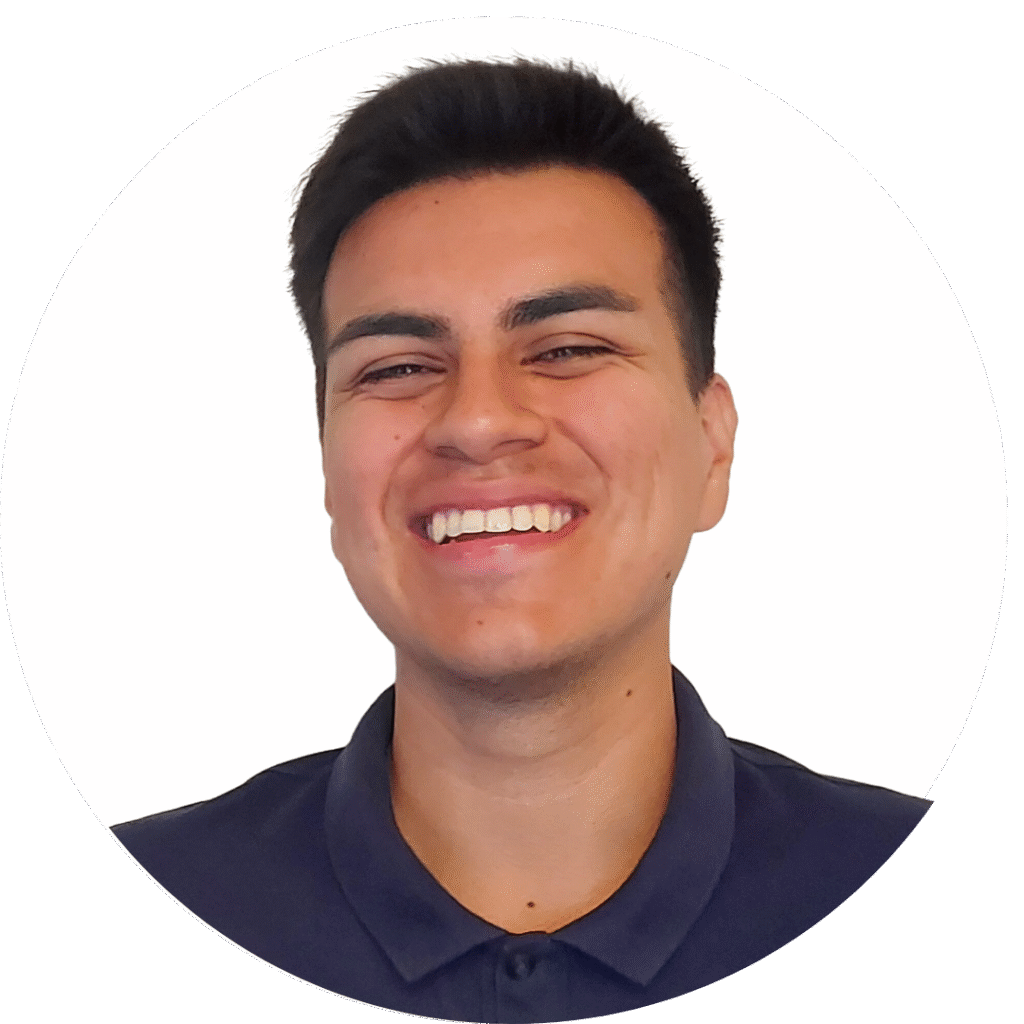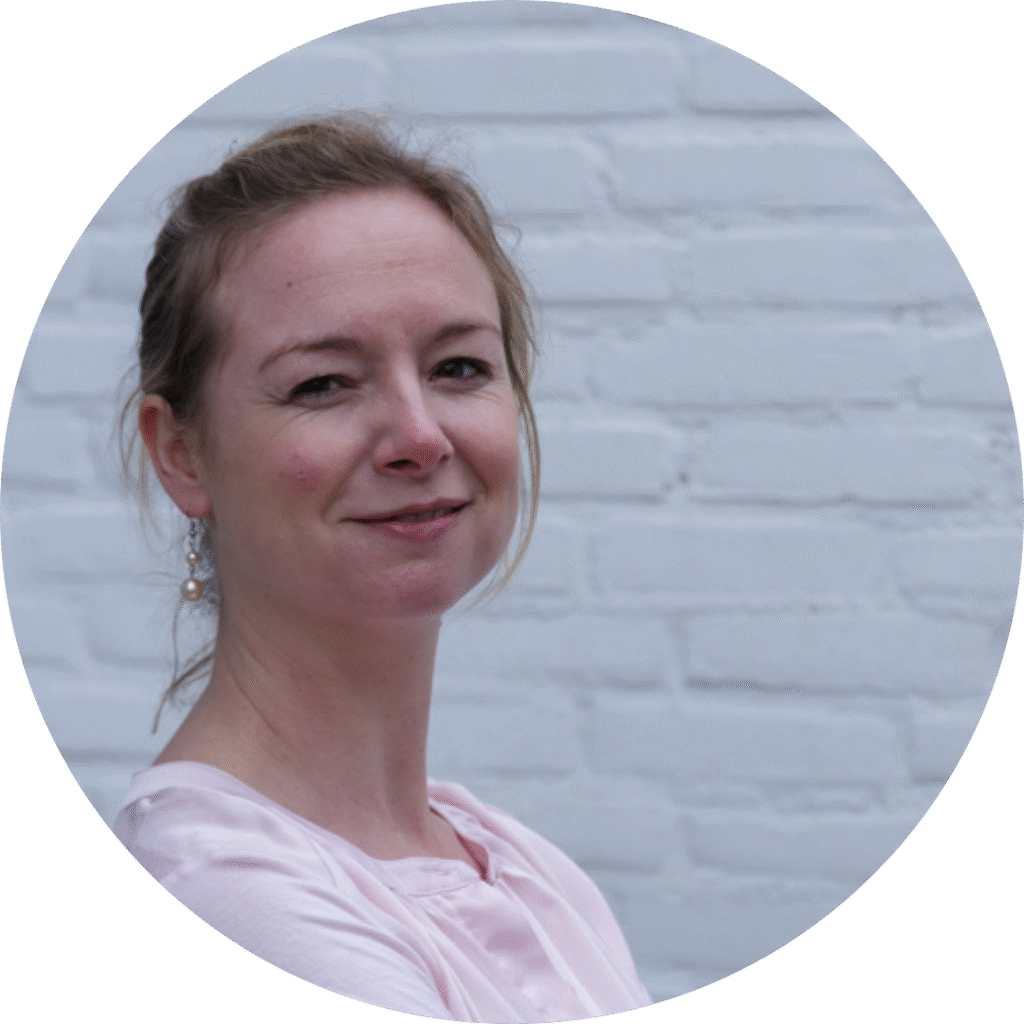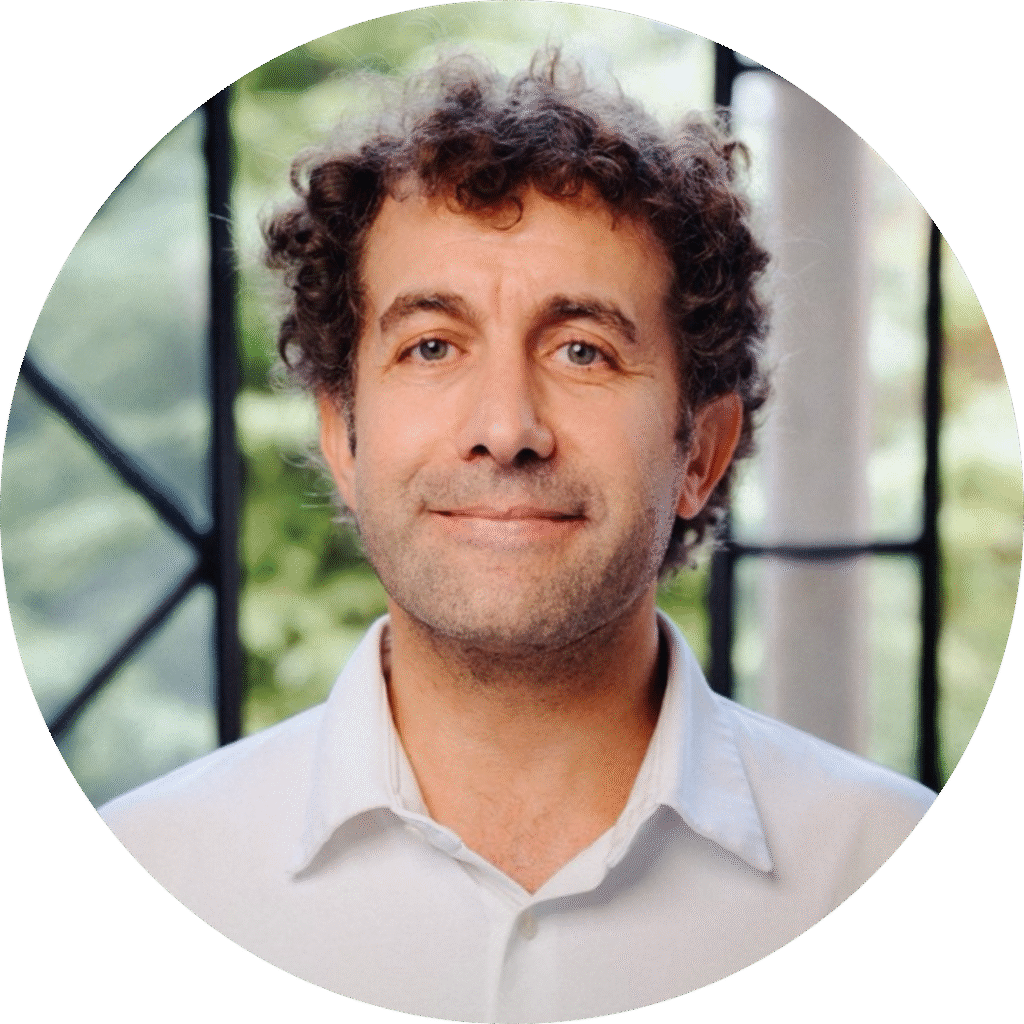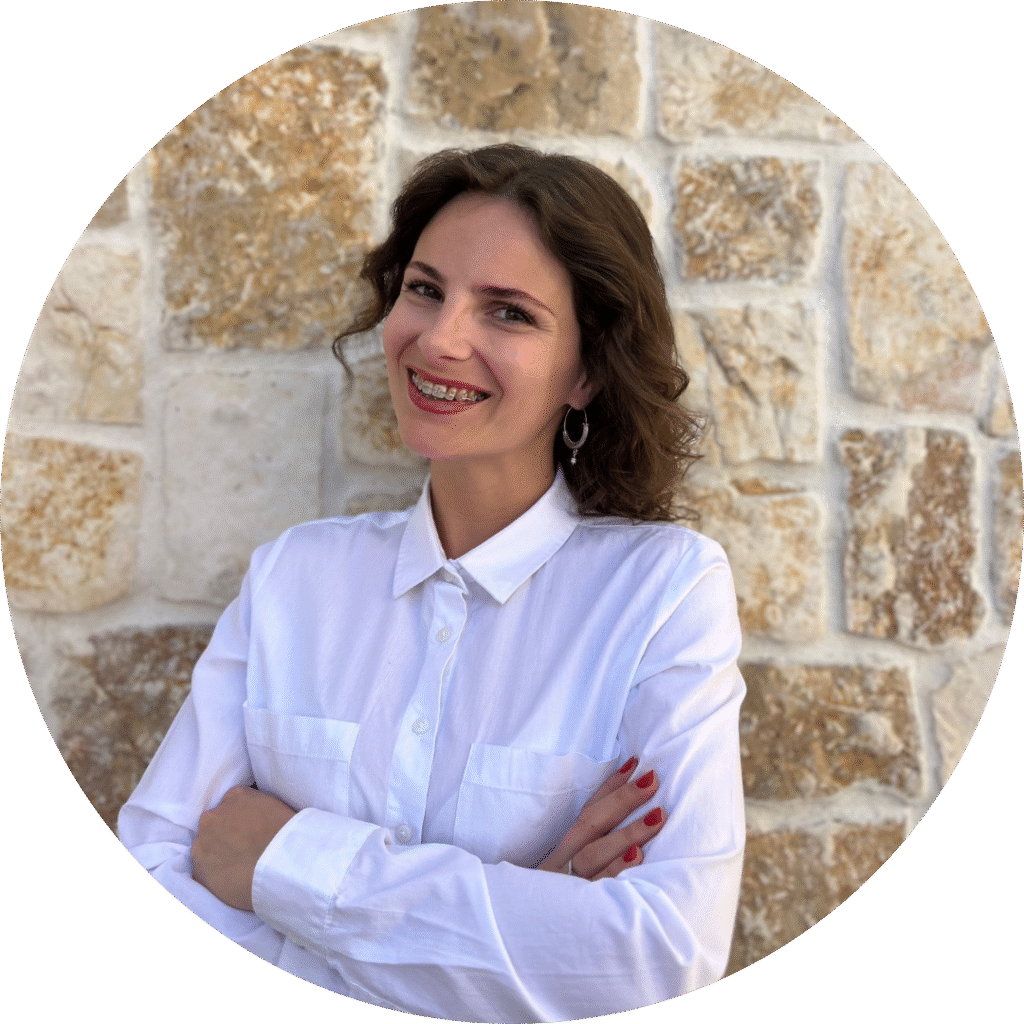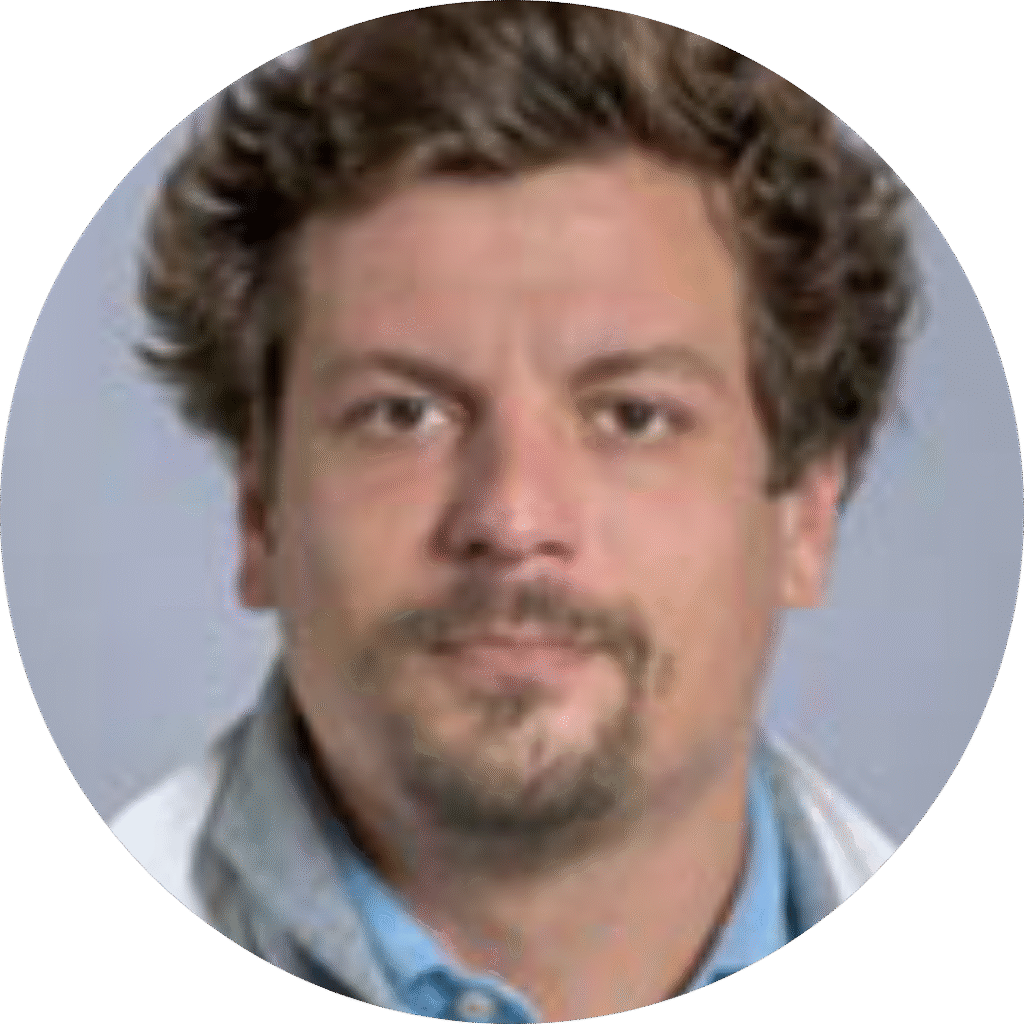
About us
What is Youth-GEMs?
At Youth-GEMs, we’re dedicated to improving the mental health of young people across Europe! How? We are using AI and unique data to study the genetic and environmental factors influencing youth mental health and creating tools for early detection, prediction, and monitoring of mental illness in people aged 12-24.
Our team
Who are we?
We’re a multidisciplinary team of 18 institutions from 10 different countries, coordinated by Maastricht University in the Netherlands. We also work closely with a team of Young Experts from Euro Youth Mental Health (EYMH) whose perspectives and experience enrich the quality of our work!


Our team
Young Experts
Our Young Experts bring authentic, real-world perspectives and expertise to Youth-GEMs research, ensuring it remains closely aligned with the needs and experiences of young people. Discover their unique stories and see how their contributions drive the project’s success!
Outputs
Science Cafés
Each month, Youth-GEMs researchers and Young Experts meet online to explore a specific research topic or challenge. Facilitated by EYMH, these interactive sessions provide a safe space for exchanging valuable insights and feedback that help shape the project’s success!
Updates
Latest News
Future Minds: A roadmap to transform children and young people’s mental health by 2035
Youth-GEMs welcomes the “Future Minds: A roadmap to transform children and young people’s mental health by 2035”, by the Centre for Mental Health and partner organisations, setting out a clear, evidence-based plan to transform children and young people’s mental health in the UK by 2035.
Our Research & Design Assignment with the Gemmy App
Youth-GEMs is proud to share and have contributed to the latest policy report on research and innovation to promote mental health and prevent or treat mental disorders shared
New scientific study: Epigenetic biomarkers of inflammation in mental health studies
Youth-GEMs is proud to share and have contributed to the latest policy report on research and innovation to promote mental health and prevent or treat mental disorders shared






































